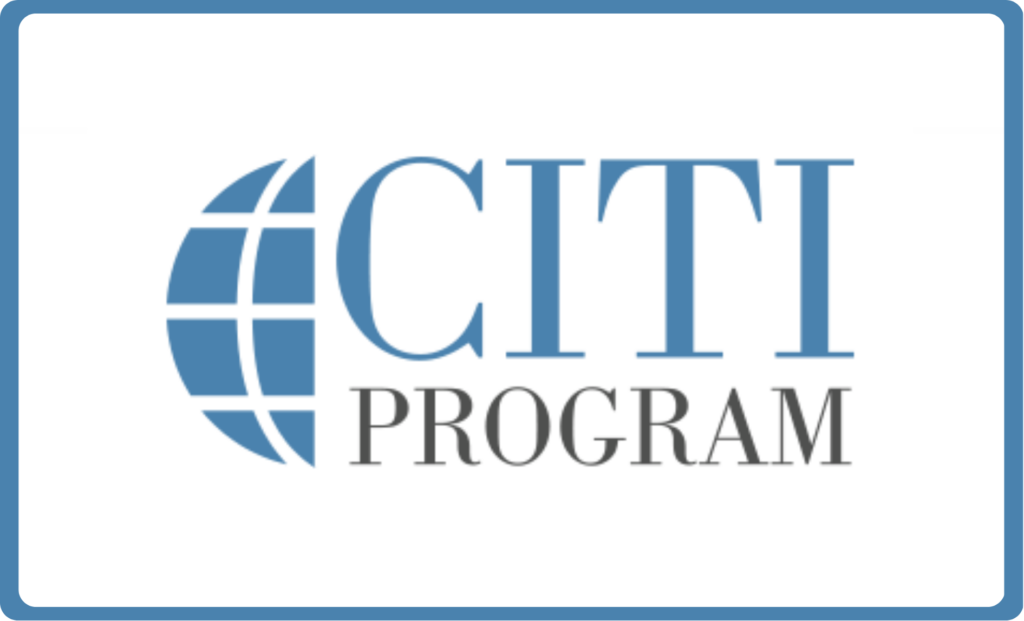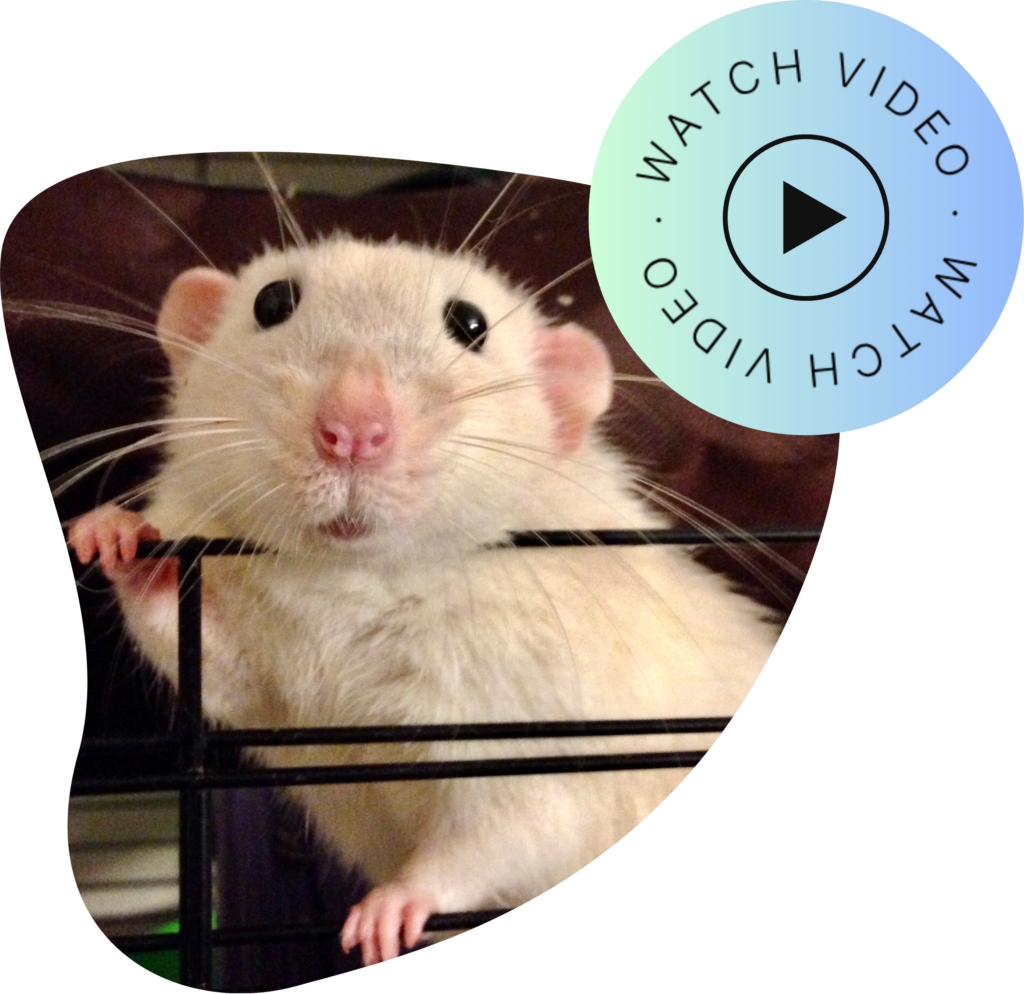Institutional Animal Care and Use Committee

Laboratory Animal Welfare Training
- Knowledge of occupational health & safety
- A general understanding of laboratory animal welfare
- History, laws and other government regulations pertaining to Animal Welfare Act
- Procedures and practices in support of good science
- Assure humane care and safe handling of animal subjects
- Knowledge in the species to be included in the study
- Creates understanding to implement the three R’s – reduce, replace & refine
- Definition of pain and distress – click here for more
- Awareness of health hazards in animal research
Who must take IACUC training?
- MTSU faculty, staff, and students who are engaged in research, testing or teaching that involves vertebrate animals MUST complete ethics training in laboratory animal welfare prior to seeking IACUC approval
- Those MTSU researchers who plan to work with animals at a different Institution MUST adhere by the IACUC regulations of both Institutions
- If an MTSU PI outsources experiments involving animals to a third party service facility or a different University, the contracting organization must adhere by the IACUC’s training/certification requirements
- In the above instance, the PI MUST also complete animal welfare training regardless he/she would work directly with animals or not
- All non-MTSU affiliates, who are collaborators or co-investigators in a protocol that requires MTSU IACUC oversight, MUST have received appropriate training or certification in the proposed procedures
- The MTSU Office of Compliance will allow the non-MTSU researchers to undergo training if their institution does not have the appropriate resources
- In addition to the investigating team, all those who would directly or indirectly intervene with the data collection in an MTSU-sponsored research activity involving animals MUST also be certified to perform such activities
- This requirement also applies to any individual who serve on the IACUC as members or administrators or GAs and student interns who assist the IACUC work flow, regardless of their specific role in the Committee
- Although other forms of certifications accepted on a case-by-case manner, we STRONGLY recommend researchers to complete appropriate training through the CITI program (explained below); most CITI training certifications are valid for up to 3 years
Where to obtain IACUC training certification?
MTSU uses CITI Program for trainings its students and faculty on humane animal care. The researchers must visit www.citiprogram.org and register for a new account if they do not have one already.

How to set up a new CITI Program account?
- Follow this link to start your CITI program training: www.citiprogram.org.
- First-time users must register for a new account using your official name
- IMPORTANT – Ensure your first and last names you provide to CITI matches your MTSU records and your IACUC applications
- MTSU-affiliates will be asked a series of questions by the CITI portal to automatically determine which training module would most fit your need
- Please note that questions 1 through 4 are related to human research and the IACUC users are NOT required to take those training unless they plan to work with human subjects
- The courses related to “Laboratory Animal Welfare” will be listed on the bottom
- Complete all required courses and modules as described in the subsequent sections
- In most instances, the Office of Compliance will be able to access your course completion information. However, be prepared to provide proof of certification if directed by IRB or the Office of Compliance.
- Click here to view the CITI Program’s information document
- In addition to the CITI program, the researchers can obtain more information on the requirement for complying with MTSU’s practices on animal research can be directly obtained from OLAW by clicking here.
Training Requirements
The IACUC requires all individuals who would use vertebrate animals for the purpose of research, testing and teaching must have received adequate and appropriate laboratory animal welfare training. MTSU uses the third CITI program to satisfy this mandatory federal requirement. The Principal Investigator (PI) or the faculty sponsor (if the primary investigator is a student) must enforce this requirement without any exceptions. The PIs or the faculty sponsors must also maintain proper training records for their entire research team and they should also enforce that the training dates are up to date.
Mandatory Course(s)
The training schedule for each type of applicant are shown in the following table. Click on each training course to know the mandatory modules
| Applicant Type | CITI Training Course(s) and Module(s) | |
| IACUC Member | Essentials for IACUC Members | |
| IACUC Officer/Administrator | Institutional Official: Animal Care and Use | |
| Teaches with animals | Investigators, Staff and Students – Basic Course | |
| Animal Researcher | (1) Investigators, Staff and Students – Basic Course AND(2) a species-specific training specific to your research subject** AND (3) Working with Animals in Biomedical Research | |
| Conducts Research with Mice & Rats | (1) Investigators, Staff and Students – Basic Course AND (2) a species-specific training specific to your research subject** AND(3) Working with animals in biomedical research AND(4) Reducing Pain and Distress in Laboratory Mice and Rats – Basic Course | |
| Conducts Survival Surgery Research | (1) Investigators, Staff and Students – Basic Course AND(2) a species-specific training specific to your research subject** AND(3) Working with animals in biomedical research AND(4) Reducing Pain and Distress in Laboratory Mice and Rats – Basic Course AND (5) Aseptic Surgery module |
All the training modules given in bold are mandatory for each type of IACUC applicant. Currently, the CITI Program only offers a select list of species-specific training courses. Depending on your research (testing or teaching), the IACUC may require the applicants to provide additional certification in the event the study involves a species for which there are no ready-made modules available through the CITI training program.
**Available species-specific training in CITI:
- Frogs, toads or other amphibians
- Mice family: Muridae cricetidae
- Rats: Genus Rattus
- Hamsters: Family Muridae
- Gerbils
- Guinea Pigs
- Rabbits: Family Leporidae
- Cats
- Dogs
- Swine
- Non-human primates (NHP)
- Zebrafish
Contact iacuc_information@mtsu.edu for further information if your species is not listed above


